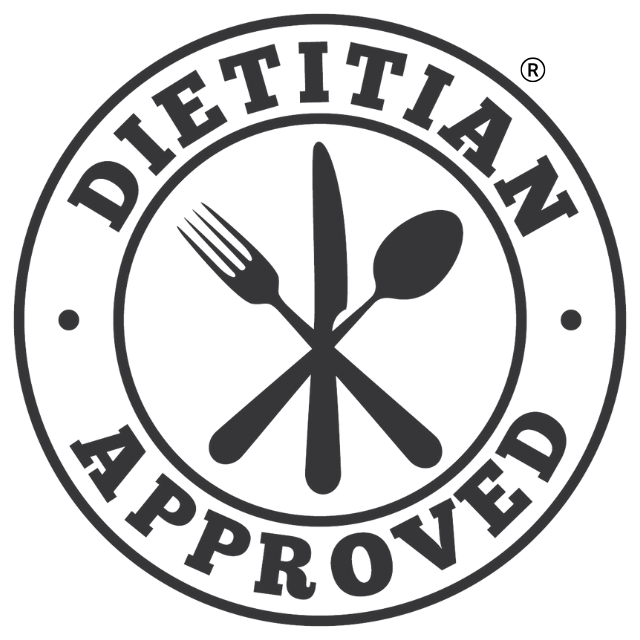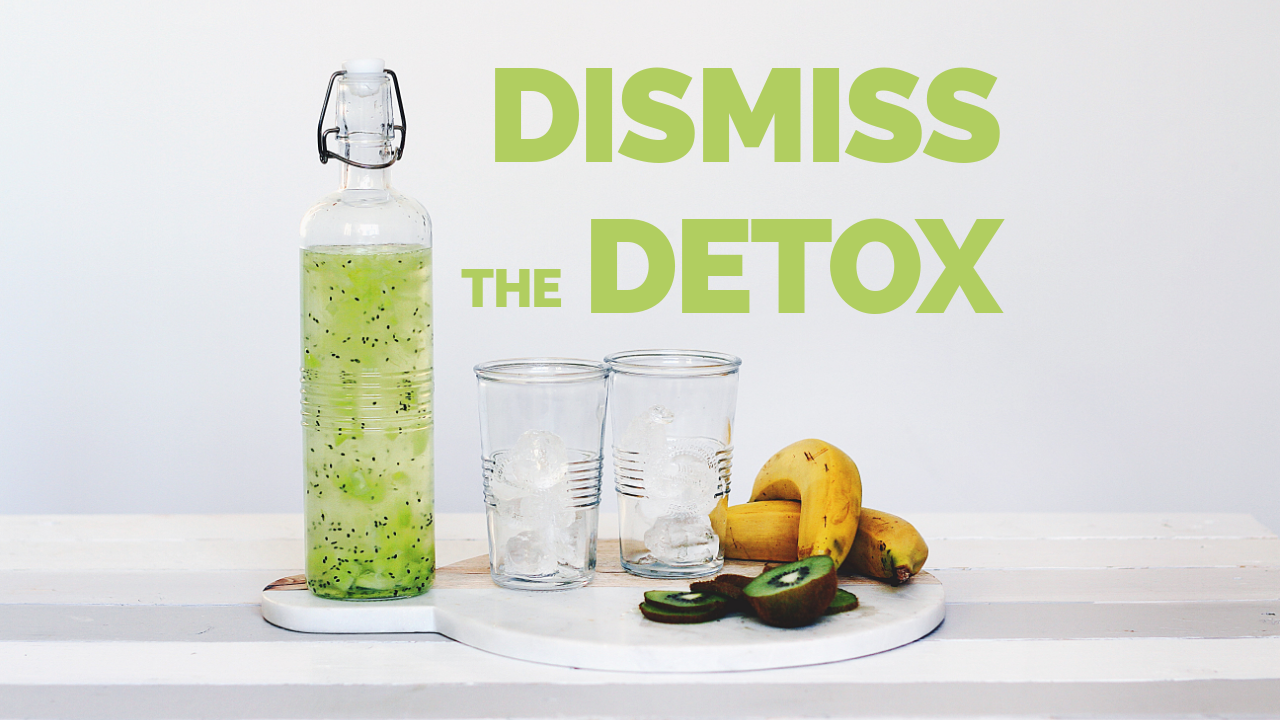Watch out for this legend who is toeing the start line at her first-ever 70.3 at Geelong this weekend. Together with training buddy and cousin Annabel. We’ve been privileged to be a part of their triathlon journeys so asked them to share who they are and what they do....
Triathlon Nutrition Blog
The BIA scan: A valuable measure of body composition?
Sep 26, 2019
Continue Reading...
I can’t be the only one that’s noticed Bioelectrical Impedance Analysis (BIA) scans popping up in just about every gym 12-week challenge, or ‘get fit for summer’ promo. These scans are advertised as a ‘new’ and ‘improved’ way to accurately measure your body composition that’s not going to cost you a...
Dismissing the Detox
Sep 24, 2019
Continue Reading...
This obsession with the ‘detox’ seems to come from a place of wanting to drastically reset our body. Usually following a period of indulgence in high fat and sugary foods, and probably a few too many wines or beers as well. The idea of a detox is plucked up as a saving grace as if days or weeks of d...
Eating for Mental Performance
Oct 31, 2018
Continue Reading...
As life gets busy, eating well can easily take a back-seat when there’s tight deadlines and a million other things to do! But when you’re busy, stressed and time-poor, it’s even more important to eat well to get the most out of your day.
Food is fuel for our bodies and our brain, so if you want to ...
How to Beet Your Best Time and Get the Competitive Edge
Sep 17, 2018
Continue Reading...
Beetroot juice was the secret sauce for many athletes competing in the London 2012 Olympic Games. Lots of countries were using it, but it wasn’t until afterwards that the news about beetroot juice became public knowledge…
Many athletes are looking for that performance edge over their competitors. M...
Eating for Immunity
Aug 10, 2018
Continue Reading...
Now that the colder months are upon us, it’s time to be proactive with our nutrition for the best immune system defence.
For active people, immune function plays a role not only in fighting off infections but also in promoting tissue repair to recover from exercise and injury (1). To function prope...














